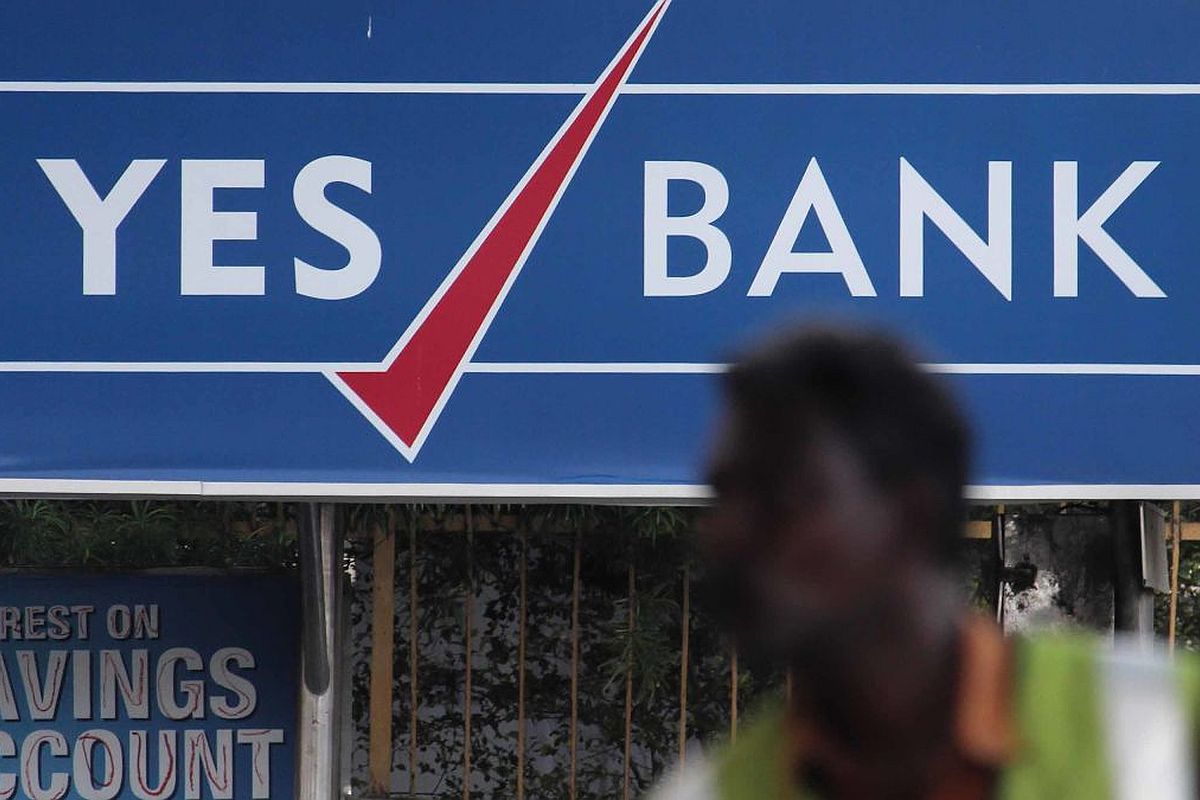Yes Bank on Friday posted a profit of Rs 150.71 crore for the third quarter ended December 2020, as compared to a record loss of Rs 18,654 crore in the year-ago period.
Bank’s total income during the quarter under review increased to Rs 6,518.37 crore from Rs 6,268.50 crore in the same period last fiscal.
The gross non-performing assets (NPAs) eased to 15.36 per cent during October-December 2020-21 from 18.87 per cent in the year-ago period.
Similarly, the net NPA was lower at 4.04 per cent as against 5.97 per cent at the end of the third quarter previous fiscal. As a result, provision other than tax and contingencies came down to Rs 2,198.84 crore from Rs 24,765.73 crore.
Meanwhile, the bank’s board has cleared a proposal for raising Rs 10,000 crore either by equity or debt.
The board has approved “raising of funds for an amount aggregating up to Rs 10,000 crore in one or more tranches…by way of issuance of securities, through one or more permissible mode(s) including but not limited through a Qualified Institutions Placement, Rights Issue, Global Depository Receipts, American Depository Receipts, Foreign Currency Convertible Bonds, Further Public Offering or a combination”.
The bank had floated follow-on public offer (FPO) of Rs 15,000 crore in July 2020 to shore up its buffers that have fallen below the regulatory thresholds. However, it was subscribed 95 per cent on the final day so it raised Rs 14,267 crore through its FPO.
After battling stress for two years, Yes Bank was rescued by State Bank of India and a clutch of private-sector lenders in March 2020 from the collapse.
The bank’s board was superseded by the government on March 5, and the RBI had appointed former chief financial officer of SBI, Prashant Kumar, as the administrator.
An inability to raise capital was cited as the primary reason for the actions, which also included it being put under a moratorium and a slew of restrictions, including capping of withdrawals at Rs 50,000 per account for a month.
Later, Kumar became its chief executive and managing director after the restructuring.











